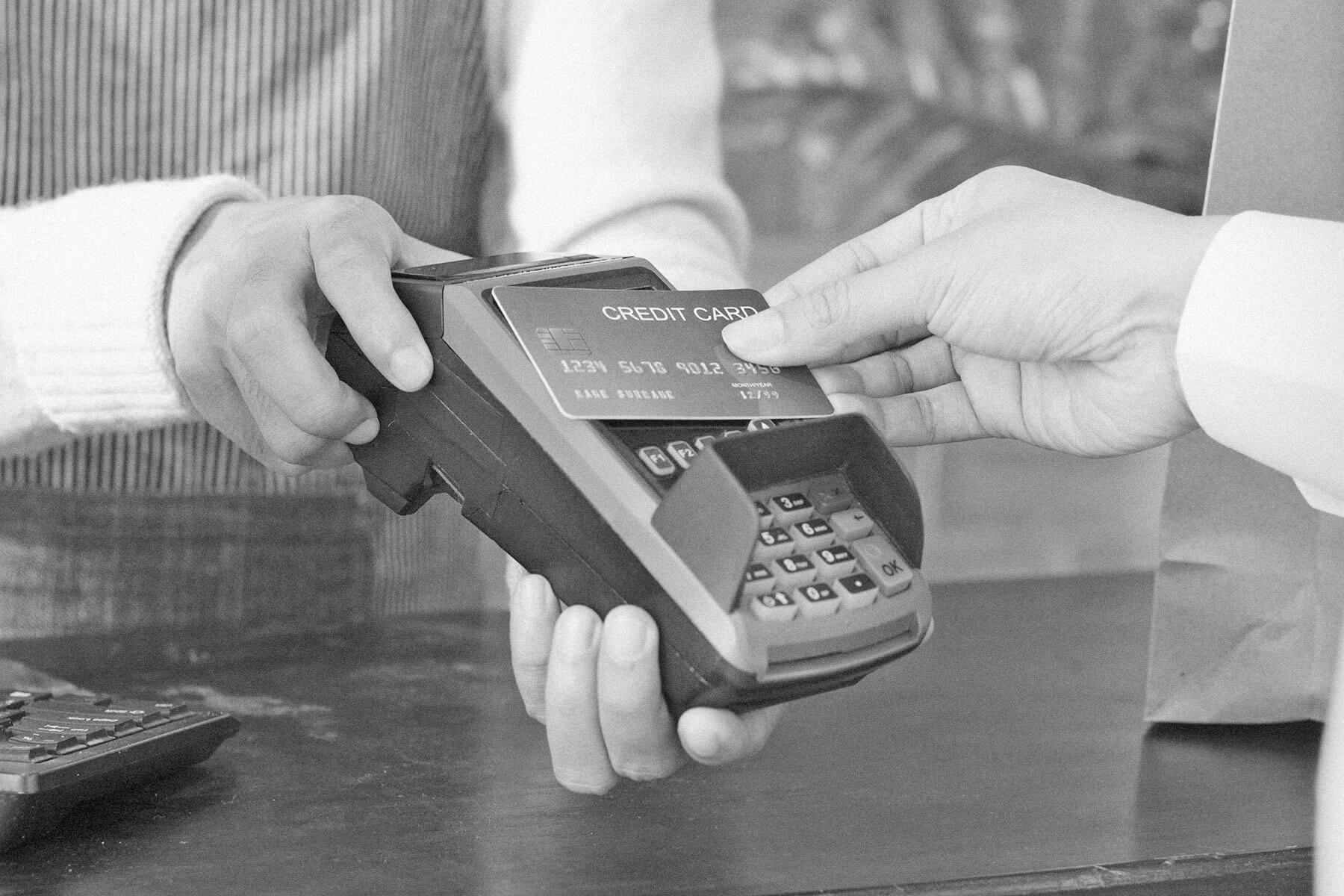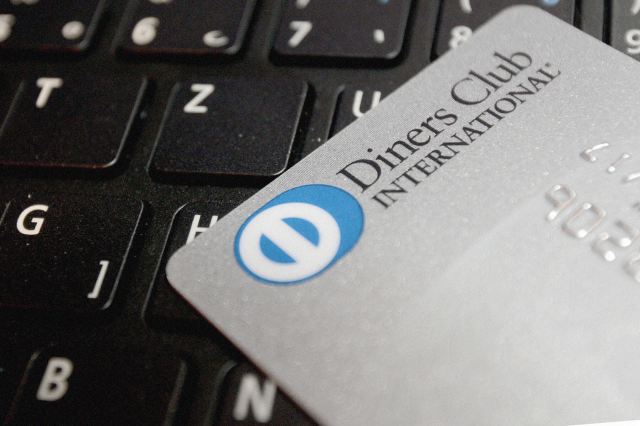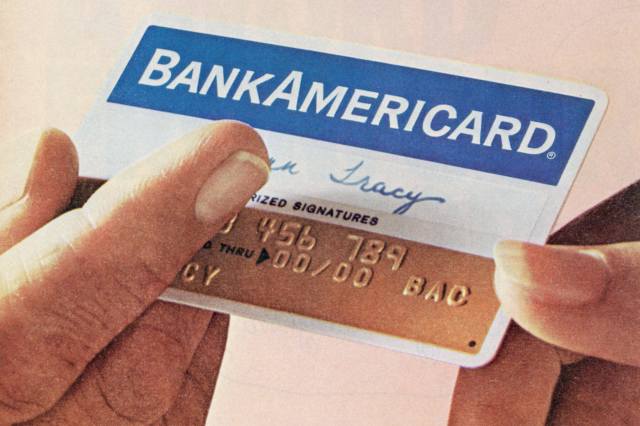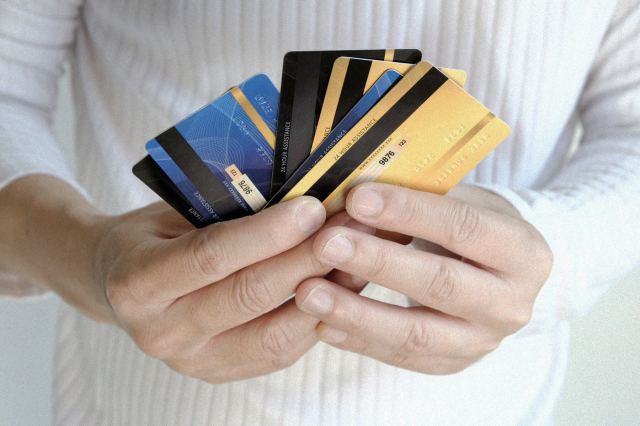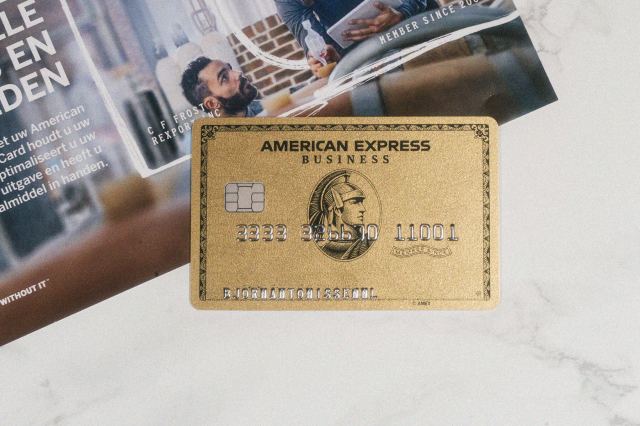The Rise of Plastic: A History of Credit Cards
When the credit card was introduced in 1950, the American public was already well acquainted with buying on credit, through personal loans and store credit accounts. But the introduction of the Diners Club card, the first modern charge card, made spending even more convenient: Customers could use their club cards at a variety of restaurants, and pay the balance at the end of the month. A cashless approach to consumption began.
By the end of the ’50s, most Americans had embraced the concept of buying now and paying later. In 1958, the Bank of America in California launched the BankAmericard, the first general-purpose credit card that could be used wherever it was accepted. It also introduced a key feature of modern credit cards: Unlike with the Diners Club card, customers could carry a balance into the following month, provided they paid the amount of interest accumulated. By 1966, the practice had become commonplace as more states licensed the BankAmericard, which was rebranded as Visa in 1970. Here are five fascinating facts about the history of credit cards.
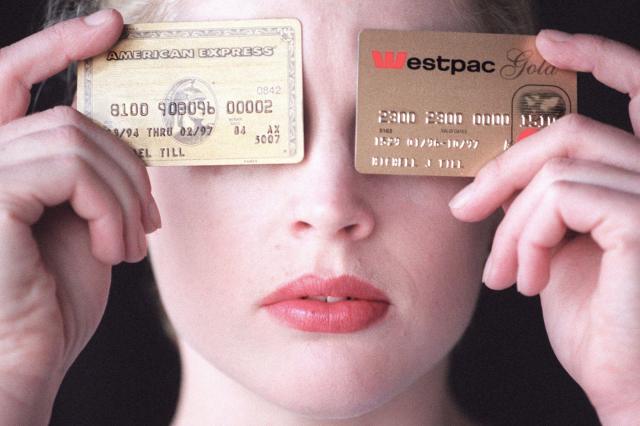
Women Couldn’t Have Their Own Credit Cards Until 1974
As late as the mid-1970s, women were put through a demeaning gauntlet when applying for a credit card. Married women were only issued cards under their husband’s name, and single women needed a male family member to act as co-signer. Even if a woman was able to make payments on her sole income, she could still be denied credit, effectively crippling her financial prospects. In a major step toward gender equality, the Supreme Court ruled in 1971 that assigning more financial power to men than women simply on the basis of sex was unconstitutional, violating the Equal Protection Clause of the 14th Amendment. The case laid the groundwork for the Equal Credit Opportunity Act passed in 1974, which stated that people could not be denied credit based on gender, religion, or race.
You may also like
Recommendations For You
-
01.
 Science & Industry
Science & IndustryWhy Did Doctors Wear Beak Masks During the Bubonic Plague?
-
02.
 Science & Industry
Science & Industry5 Inventions That Came Out of the Great Depression
-
03.
 Science & Industry
Science & Industry6 Amazing Breakthroughs Made by the Ancient Greeks
-
04.
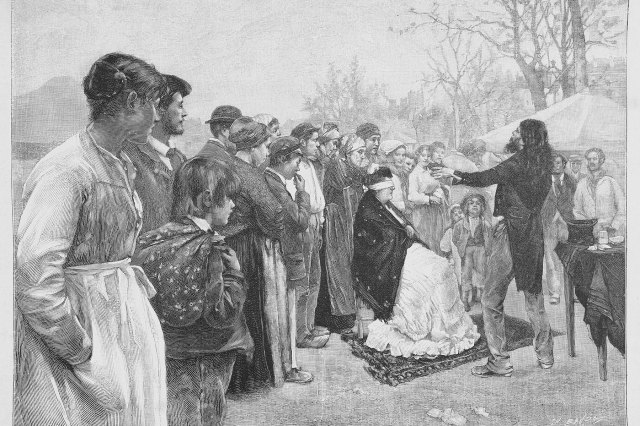 Science & Industry
Science & Industry6 Shocking “Scientific” Beliefs From Victorian England





